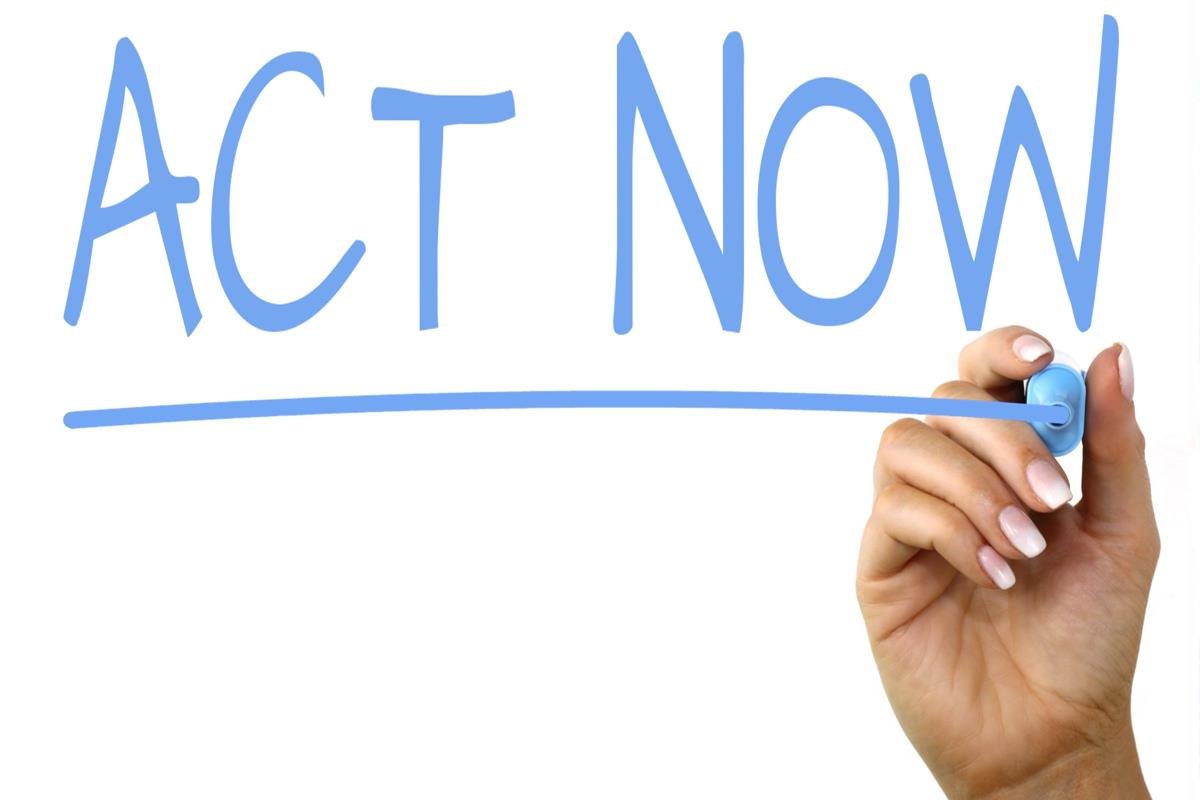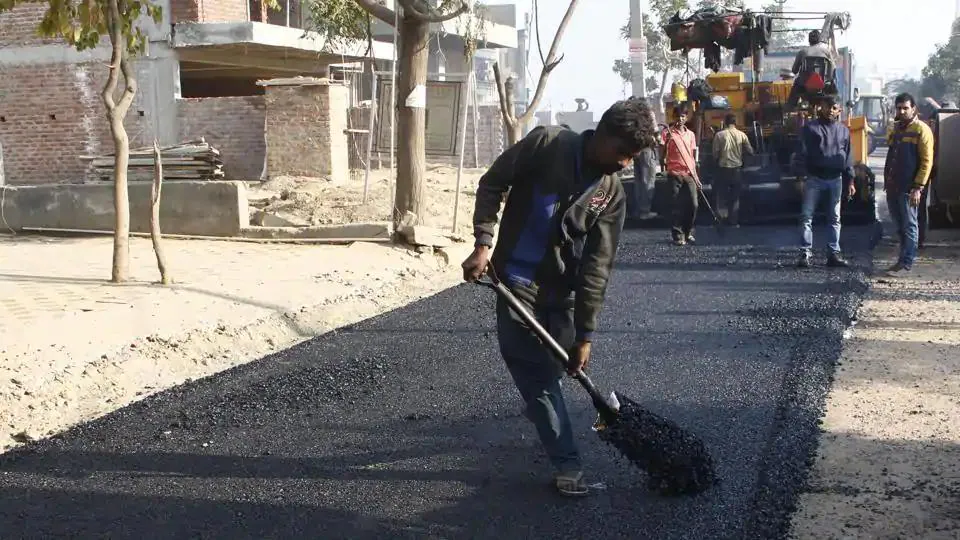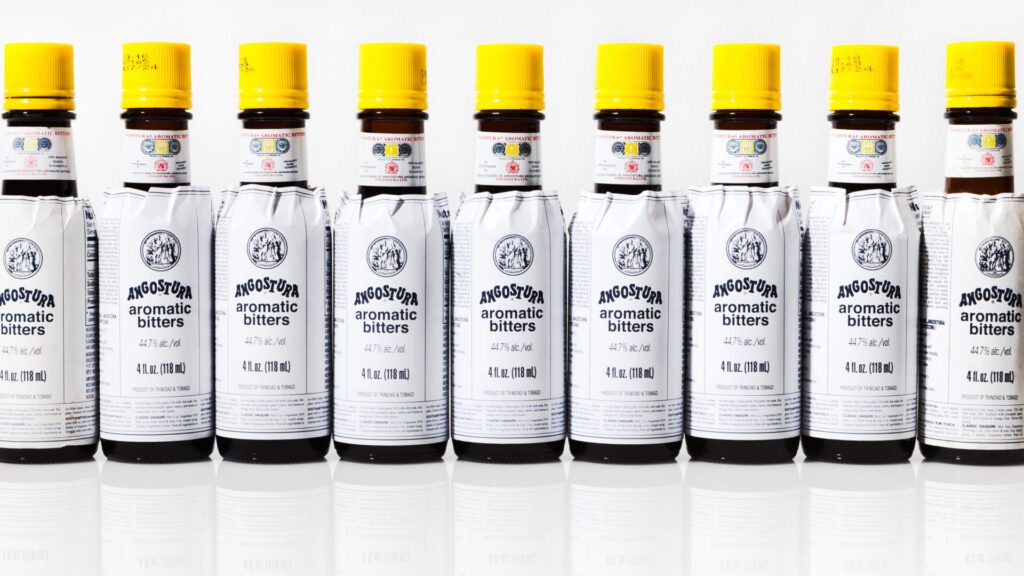Action Bias – Why We Choose Action Over Inaction

We put a premium on doing things because we believe it increases output. On the other hand, sometimes doing nothing is the best thing to do.
Laying a new road, for example, is a spectacular but ultimately unproductive project that politicians often specialise in. Such behaviour creates the illusion that something is being done, although its real impact is minor at best. Our tendency to reward activity might lead us to cheer these meaningless gestures even if they accomplish nothing.

Let’s imagine that you are in an enclosure where air puffs are flinging bills around as you prepare to gather them. If you’re like most individuals, you can probably catch the notes every time you try by jumping. If you sit quietly with your hands folded, though, you increase your odds of acquiring more notes.
Why, therefore, don’t you just hold your ground instead of jumping to get the notes? Doing something, as opposed to doing nothing, is the core tenet of the action bias. If you can show that you at least tried to create the save, others will view your failure to do so less severely. However contradictory it may seem, in this circumstance, doing nothing improves your chances of success.
What Exactly is the Action Bias?
The term “action bias” is used to describe the human predisposition to prefer doing action versus doing nothing. Sometimes, though, we feel obliged to take action despite a lack of evidence suggesting that doing so would improve matters over doing nothing. Action bias refers to our propensity to take action as a first, reflexive response, regardless of the merits of the situation.
Effects
Mishandling a situation is possible if you prioritize action over inactivity without having enough rationale to back it up. It’s a reflex action that leans more toward emotion than reason. An inefficient course of action may be chosen due to action bias, which occurs when we choose without considering all relevant factors.
As a culture, we condemn passivity, and acting on the action bias often reinforces this perspective. If our plans for taking action don’t work out, we can always tell ourselves that things would have been considerably worse if we hadn’t taken any action at all. Because of this, we are more likely to believe that taking action is preferable to doing nothing, which in turn encourages us to keep making the same terrible choices.
Reasons
Keeping yourself occupied is one of our primary recommendations for avoiding danger. This is only one situation in which we believe inaction to be inappropriate. These ideas are centuries older than the action bias itself.
The action was crucial for survival thousands of years ago. Some have hypothesized that our propensity to act is a holdover from ancient times when we had to take action to survive.
This innate reaction is a survival mechanism that has evolved to become very useful. The action bias is less critical to our survival now that our surroundings and way of life have changed. Still, people who take initiative tend to do better than those who don’t.
Remember our MBA classes and marks for class participation? Students who speak out in class are more likely to get marks than their silent counterparts. This strengthens our inclination to take action, leading us to repeat the activity in question. Unfortunately, this increases the likelihood that we will take action when restraint would be more appropriate.

The action bias is reinforced not just by rewarding activity but also by penalizing idleness. People who have learned the hard way that inactivity may have unfavourable consequences are likewise more likely to exhibit action bias.
While primal human impulses for survival may play a role in why we participate in the action bias, such inclinations would not be sustained without the learning patterns of reward and punishment that we encounter.
Characteristics
- The desire to act originates in the drive to feel in charge. When we put out effort, we give ourselves the illusion that we are making progress or improving our position. The feeling of empowerment that results from taking action counteracts the feeling of powerlessness that sets in when we do nothing. This behaviour is reinforced since taking action improves our mood more than doing nothing.
- The action bias is also associated with overconfidence. Sometimes we take action because we feel powerless, and other times we do so because we believe we can significantly affect the result. Consider the stock market, where overconfidence leads to frequent trading because investors are certain that their predictions will come true. In times of uncertainty, when individuals are trying to guess which stocks will grow or fall, this is a common occurrence. They are motivated to take action by their faith in their prescient abilities. While taking decisive action may be fruitful in certain scenarios, it is frequently shown after the fact that a more hands-off approach would have been preferable.
Conclusion
We also place a high emphasis on action and activity, which we link to productivity. On the other hand, inaction is frequently more fruitful than taking action.
Knowing about the action bias helps us make better judgments that lead to greater productivity. Although the action bias might distort our assessments, it can be addressed through self-awareness and deliberate effort. This improves our ability to assess events and realize when there is no need to take immediate action.
Reference



